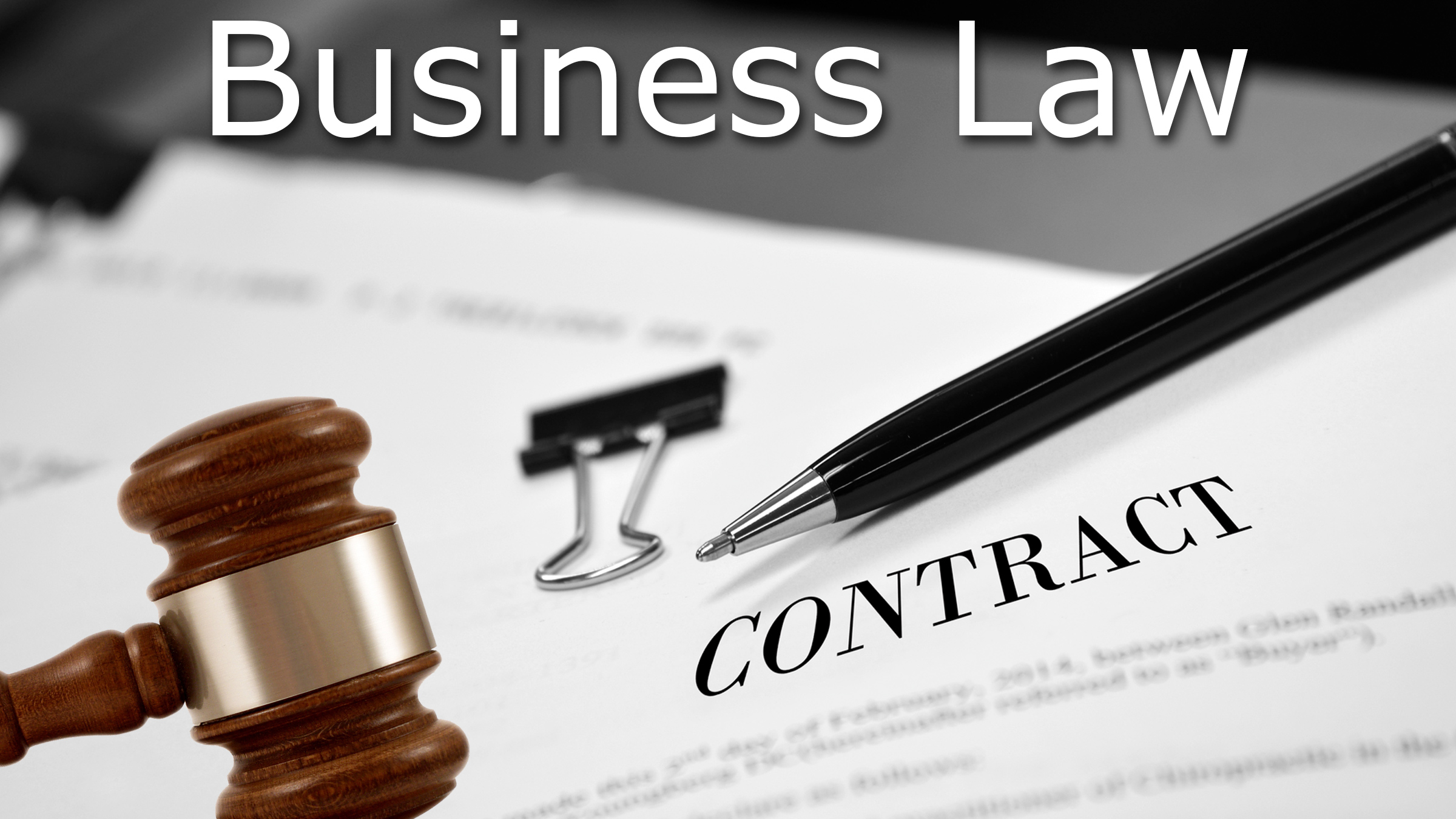Starting a small business is an exciting venture, but it also has a fair share of legal responsibilities. Unfortunately, navigating the legal labyrinth can feel overwhelming for many entrepreneurs. It’s crucial, however, to ensure your business is adequately protected and compliant with all local, state, and federal laws by taking help from Melbourne small business lawyers and beyond.
From selecting the proper business structure to understanding the nuances of employment law, a clear legal checklist can be your roadmap to safeguarding your business against possible legal issues. This guide aims to provide you with a comprehensive checklist covering the essential legal requirements and critical areas of concern to keep your business on the right track.
So, take a deep breath, and let’s demystify the legal checklist for your small business together.
Importance of Small Business Legal Compliance
Overview of legal requirements for small businesses
Navigating the legal landscape might not be what you dreamt of when you decided to start your small business, but it’s an essential step toward success. Understanding and complying with legal requirements ensures your business operates on the right side of the law. This includes registering your business correctly, obtaining the necessary permits and licenses, safeguarding your intellectual property, and understanding the tax obligations specific to your business structure. Staying informed and compliant protects your assets and helps your business build a strong foundation.

Consequences of non-compliance
Ignoring legal obligations can lead to dire consequences for your small business. Non-compliance might result in hefty fines, legal disputes, or even the closure of your business. Moreover, it can damage your reputation, crucial for a small business’s growth and sustainability. Legal issues can distract you from focusing on your business goals, leading to lost revenue and growth opportunities. In some cases, non-compliance with specific laws can lead to personal liability, meaning your assets could be at risk.
Key Areas to Include in Your Legal Checklist
Business structure and registration
Choosing the proper business structure is crucial for tax purposes, personal liability, and legal obligations. Whether you opt for a sole proprietorship, partnership, LLC, or corporation, each has its legal requirements for registration. Ensure your business is correctly registered with both state and federal agencies. Additionally, securing an Employer Identification Number (EIN) from the IRS is necessary for hiring employees and opening a business bank account.
Permits and licenses
Depending on your business’s nature and location, various permits and licenses might be required to operate legally. This could range from a general business license from your city or county to specific permits for food, retail, or professional services. Researching and obtaining all necessary permits and licenses before starting operations is essential to avoid legal issues and penalties.
Contracts and agreements
Solid contracts and agreements are vital for protecting your business, assets, and relationships. This includes agreements with partners, employees, contractors, and clients. A well-drafted contract can prevent misunderstandings and provide clear terms and conditions, dispute resolution methods, and confidentiality clauses. Ensuring that all agreements are legally binding and tailored to your needs will safeguard your business in the long run.
Protection of Intellectual Property
Protecting your intellectual property (IP) is crucial in securing your business's unique assets and maintaining a competitive edge. Intellectual property encompasses everything that is a creation of the mind - from names, images, designs, inventions, and works of authorship. Connecting to Melbourne small business lawyers who understands and utilise IP law safeguards can shield your business against infringement and potential lawsuits.
Trademarks
Trademarks protect names, symbols, and slogans used to identify goods or services. Small businesses need to consider trademarking their brand name, logo, and any distinctive phrases associated with their products or services and registering a trademark grants you exclusive rights to the mark, preventing others from using a substantially similar mark that could confuse. Always conduct a thorough trademark search before using or filing a new trademark to ensure it doesn't infringe on existing ones.
Conclusion
Legalising your small business in the right direction can feel like navigating through a maze without a map. However, adhering to the legal necessities outlined in our checklist can illuminate the path, significantly lowering the risk of encountering legal hurdles that can stunt your business's growth. It's crucial to understand that legal protection from reputable Melbourne small business lawyers is not a one-time task but a continuous journey as your business evolves.

